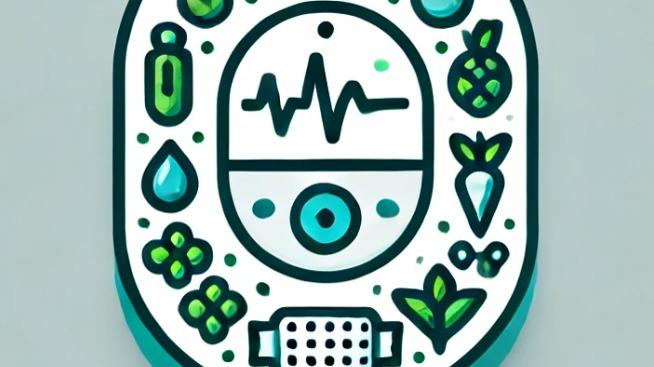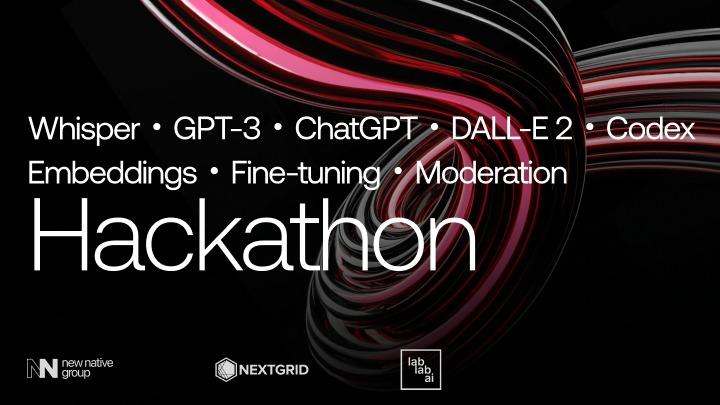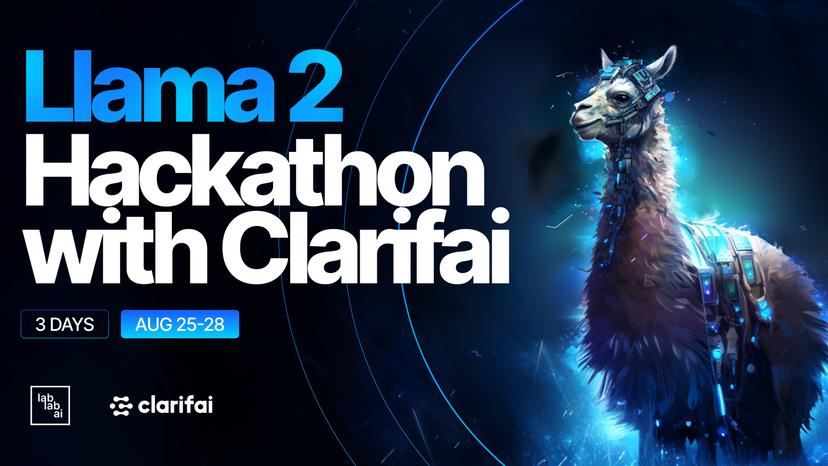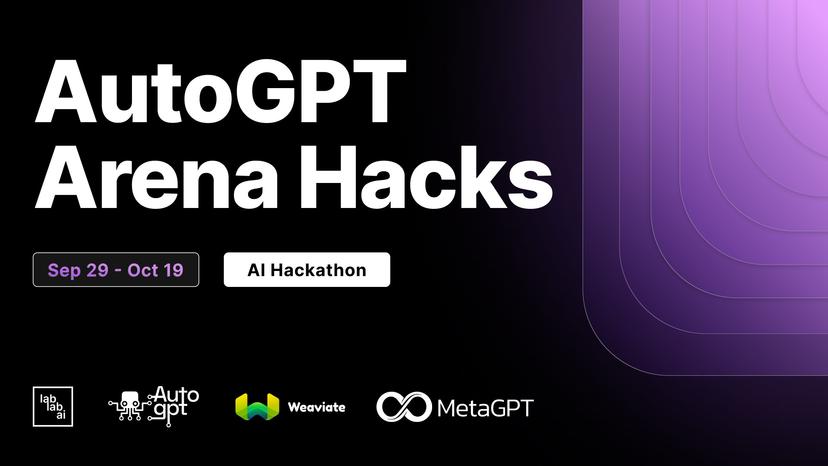🤝 Top Collaborators
🤓 Latest Submissions
.png&w=828&q=75)
Clinical RAG System
advanced medical assistant application that utilizes Retrieval-Augmented Generation (RAG) with the Falcon Large Language Model (LLM) to provide accurate and context-aware medical information. Features Audio Interaction Endpoint Speech-to-Text (S2T) conversion LLM processing using Falcon Text-to-Speech (T2S) conversion for audible responses Text-based Interaction Endpoint Direct text input LLM processing using Falcon Text output Retrieval-Augmented Generation (RAG) Enhances responses with relevant medical knowledge Improves accuracy and context-awareness of the AI uses a Retrieval-Augmented Generation (RAG) architecture: User input (text or transcribed audio) is processed. Relevant medical information is retrieved from the Qdrant vector database. The Falcon LLM generates a response based on the user query and retrieved information. The response is returned as text or converted to speech.
7 Aug 2024
.png&w=828&q=75)
LifeLift
The detailed idea is to develop an AI-powered virtual mental health coach designed specifically to support mental well-being. The app functions like a psychologist, providing personalized mental health advice, emotional support, and motivation. Integrated with Langflow, it can understand and respond to natural language queries related to mental health, offering mindfulness exercises and stress management techniques. Additionally, it tracks emotional progress over time, helping users identify patterns and triggers. This virtual coach can be marketed to therapy centers, mental health apps, and organizations focusing on employee wellness programs. The app's AI capabilities ensure a highly responsive and adaptive user experience, tailoring its interactions based on individual needs and preferences. By leveraging advanced algorithms, the virtual coach can provide evidence-based strategies for coping with anxiety, depression, and other mental health challenges. Its accessibility makes it a valuable tool for those who may not have easy access to traditional therapy. Furthermore, the app's data analytics features can offer insights into broader mental health trends, aiding organizations in developing targeted wellness initiatives. With its comprehensive approach, the AI-powered mental health coach aims to revolutionize mental health care by making support more accessible, personalized, and effective.
15 Jul 2024

Diet Vision
Long gone are the days where we must manually record what we ate and calculate how much proteins, fats, calories, and carbs we ate. Diet Vision is a small pin/necklace that automatically takes pictures when you take your second bite of food. It utilizes Nvidia's computer vision to analyze what pictures you ate, what exactly is in the food, how much is in each meal, and what food you should eat to reach your daily calorie goals. It utilizes low energy bluetooth and interfaces with the Libre 2 CGM, which is used by millions annually. You can also adjust the nutrient facts about each meal so it continuously learns using Inceptionv3 model!
4 Jul 2024

.png&w=640&q=75)







